More consumers would be tempted to choose a
product if it carried a health claim - even if that claim was fictitious, an American study has shown.
Researchers at the
US Food and Drug Administration asked
1,000 consumers to look at health claims on yoghurt, orange juice and pasta and state how likely they were to buy that product.
The claim for yoghurt, linking calcium content with avoiding osteoporosis, and for orange juice, relating potassium content to cutting high blood pressure, were founded in science.
But the claim for pasta that it contained a nutrient-called lysoton, which could reduce the risk of heart disease was totally bogus, since lysoton does not exist.
Respondents were asked to indicate on a scale of one to six how likely they were to choose a product - with one indicating that they were "very likely" to
purchase it.
In the case of the pasta, 55% of respondents gave a rating of between one and three when shown a label stating: "Lysoton-rich foods, such as pasta, may reduce the risk of heart disease" - with 19% saying they were very likely to buy the product.
If there was no claim on the pack, the number giving a rating of one to three dropped to 34%, with just 4% saying they were very likely to buy the product.
Meanwhile, 8% of
consumers asked said they had heard of lysoton - even though the researchers had made it up.
The study also showed consumers were more likely to buy a product carrying a health claim if the claim included the exact nutrient responsible for the benefit.
When the health claim excluded the nutrient -
stating, for example, "yoghurt may reduce the risk of osteoporosis" - respondents gave a rating
of one to three in 54% of cases for yoghurt, 47% for orange juice and 49% for pasta.
But when the nutrient was featured on the
packaging - for example, "calcium-rich foods, such as yoghurt may reduce the risk of osteoporosis" - the
figures rose to 56%, 58% and 55% respectively.
The study comes ahead of new EU rules coming into effect on 1 July that will force companies to prove their health claims are true.










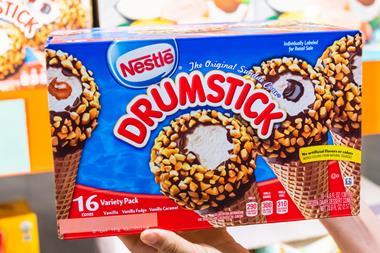
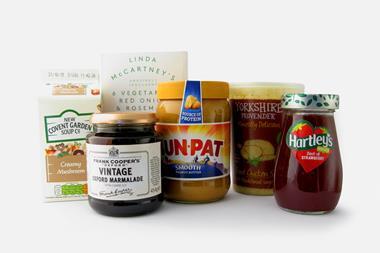

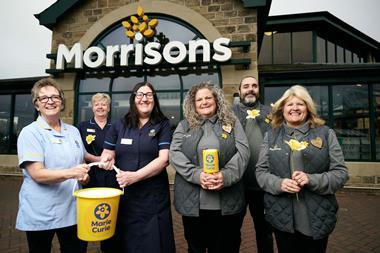
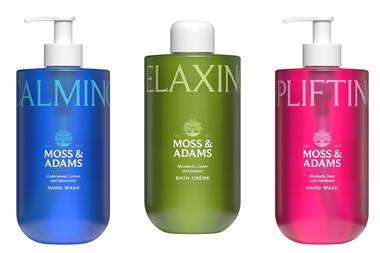
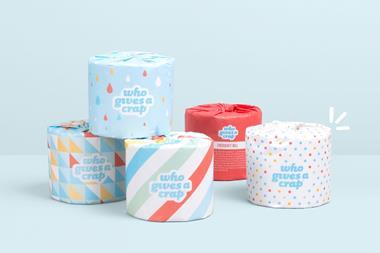
No comments yet